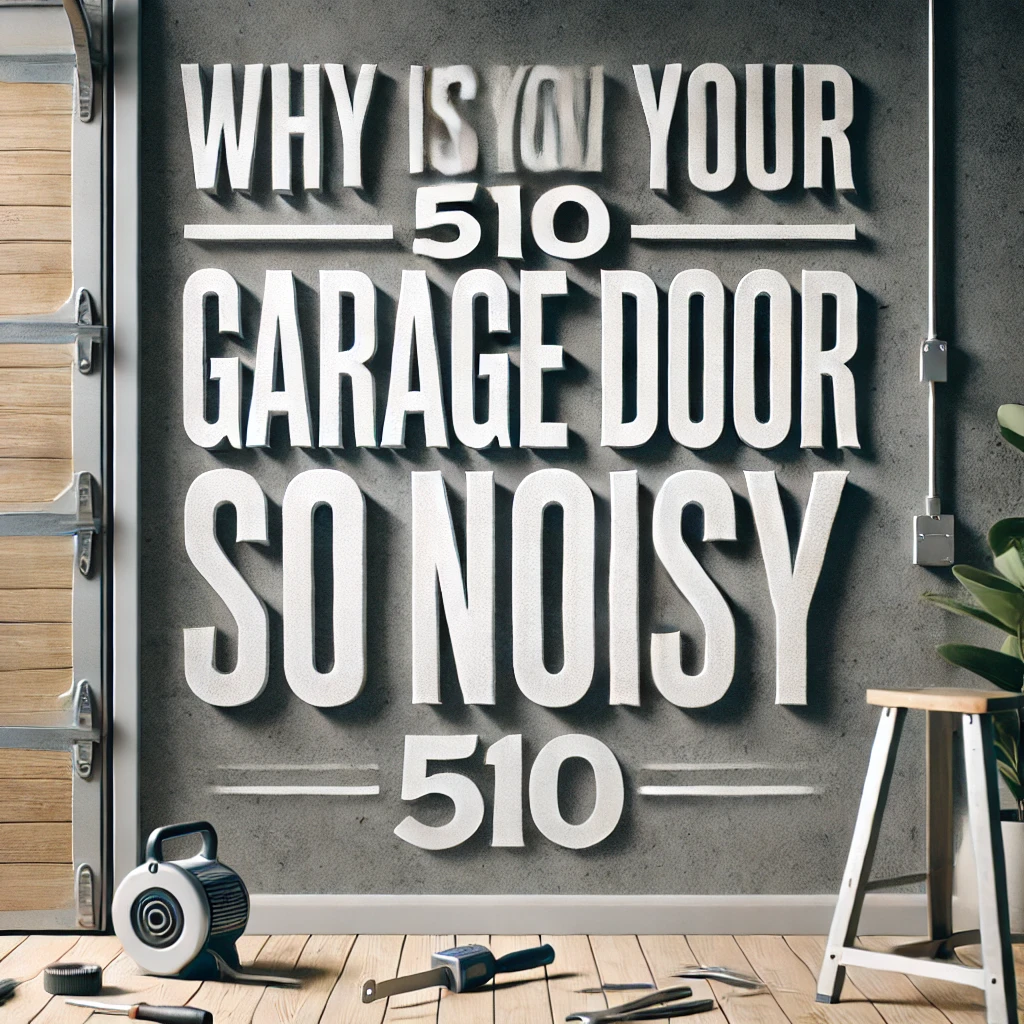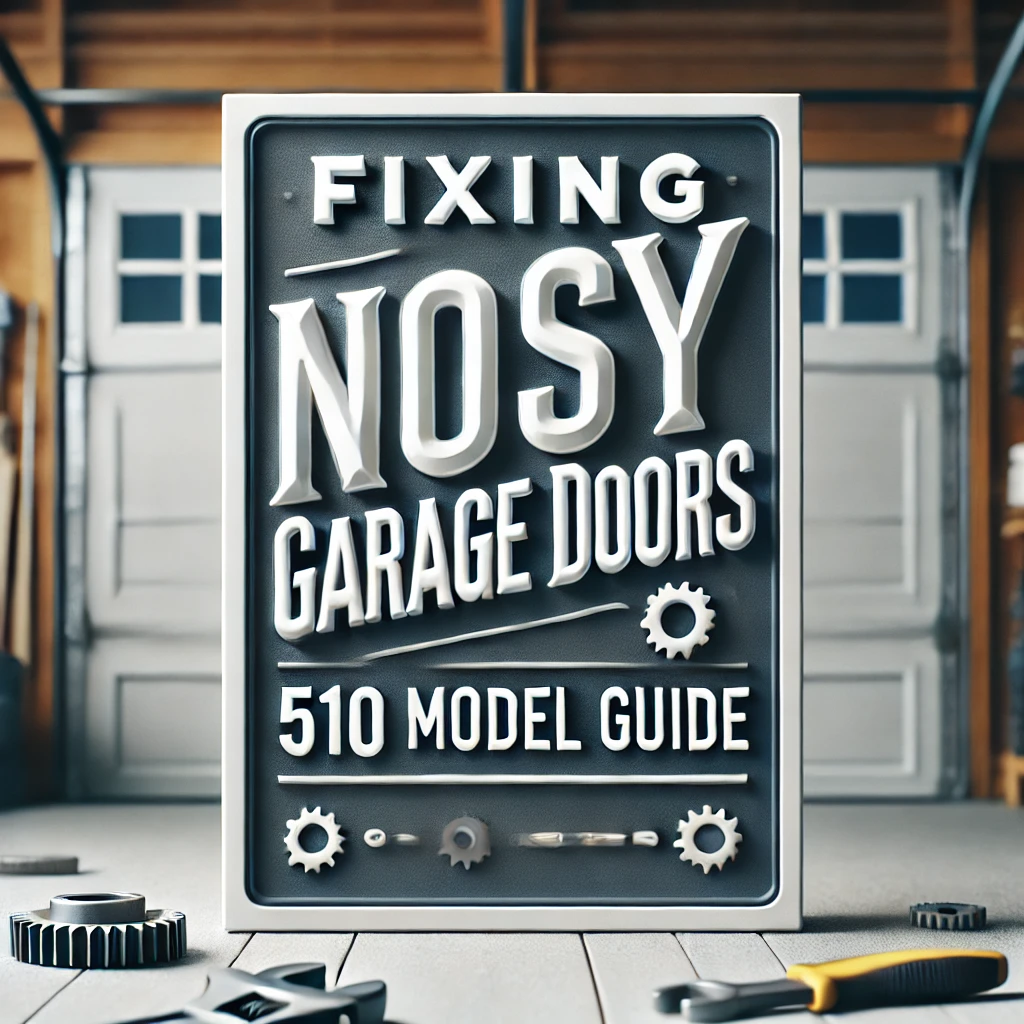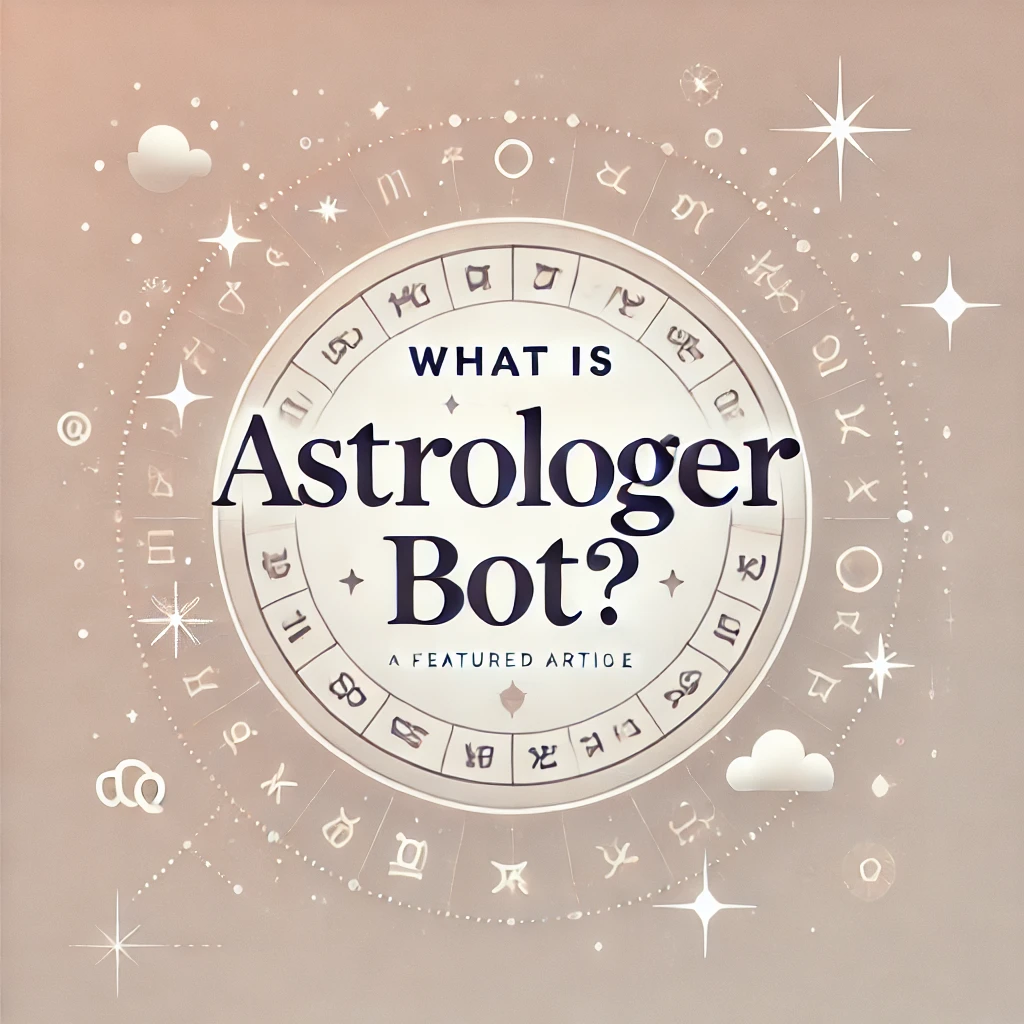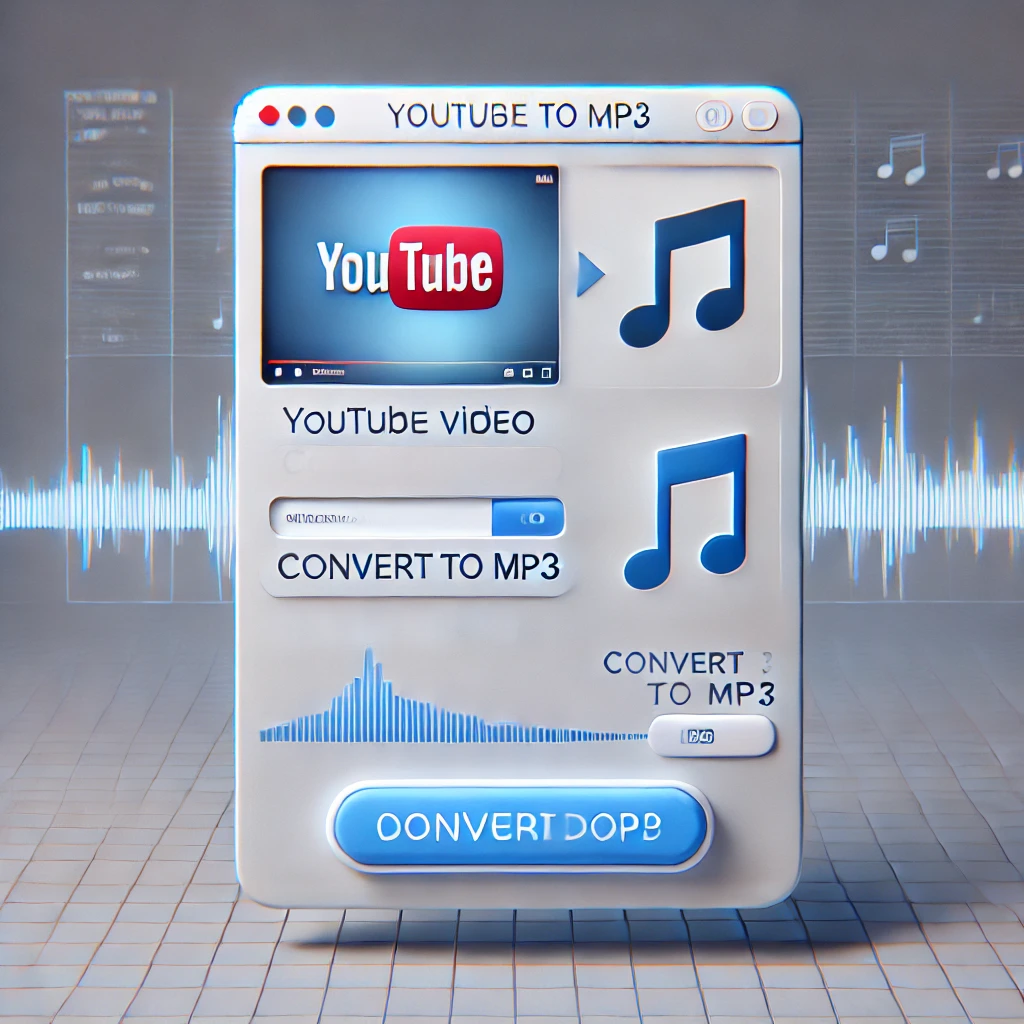When your 510 garage door starts making unusual noise, it can be both irritating and concerning. Garage doors are essential parts of our homes, and keeping them in good condition ensures safety and smooth operation. In this article, we’ll walk you through what might be causing your garage door noise, offer easy fixes you can try at home, and provide preventive tips to keep your door humming quietly for years to come.
Understanding the 510 Garage Door
The 510 garage door is a popular raised panel model known for its sturdy build and classic design. Although built to last, its metal components like rollers, hinges, and springs can eventually start making noise due to wear or lack of maintenance. Knowing the details of your door’s design helps you troubleshoot problems and decide when it’s time to call in a professional.
Common Causes of 510 Garage Door Noise
Lack of Lubrication
One of the most common reasons for a noisy garage door is poor lubrication. Metal parts, such as hinges, rollers, and springs, need regular lubrication to prevent friction. Without proper oil or a silicone-based lubricant, these parts may grind together, causing squeaks and rattles.
Worn-Out or Damaged Rollers
Over time, rollers can become worn or damaged. Often made of metal, these components can create a lot of noise during operation. Many homeowners choose to replace them with quieter nylon rollers, which glide more smoothly along the tracks.
Loose or Worn Hardware
Vibrations from the door’s movement can loosen bolts, screws, and brackets. This looseness can result in rattling sounds that worsen over time. Regularly checking and tightening hardware is key to keeping your door quiet.
Unbalanced or Misaligned Door
If your garage door isn’t correctly balanced or aligned, it may strain the motor and create unusual sounds. Signs of imbalance include jerky motions or uneven lifting when opening or closing the door, which can lead to more serious mechanical issues if not addressed.
Opener or Chain Issues
The garage door opener itself might be a source of noise, especially if it’s an older, chain-driven model. Over time, the chain can become worn or misaligned, and the motor might struggle to operate the door smoothly, resulting in more noise.
Broken or Rusty Springs
Springs support much of the door’s weight and enable smooth operation. If a torsion or extension spring becomes rusty or breaks, it can produce loud bangs or creaking sounds. Given the high tension they’re under, spring issues are best handled by professionals.
How to Fix a Noisy 510 Garage Door
Routine Maintenance Checklist
Regular maintenance is your first line of defense against noisy garage door problems. Here’s a simple checklist:
- Lubricate: Use a high-quality, silicone-based lubricant on rollers, hinges, springs, and tracks.
- Clean: Remove any debris from the tracks that might hinder smooth movement.
- Inspect: Look for any signs of wear and tear, such as worn-out rollers or rusty springs.

Replacing Rollers with Nylon Options
If you notice that metal rollers are the source of the noise, consider switching to nylon rollers. Nylon options tend to be quieter and last longer. Depending on your comfort level, you might handle this DIY-style or call a professional for advice.
Tightening and Inspecting Hardware
Regularly check all bolts, screws, and brackets for signs of looseness. Tightening these components can reduce rattling sounds significantly. Remember, a well-maintained door is not only quieter but also safer.
When to Call a Professional
While some issues can be fixed with simple maintenance, certain problems like dealing with high-tension springs or a malfunctioning opener require professional expertise. Attempting to repair these components yourself can be dangerous and may lead to further damage.
Frequently Asked Questions
Why is my 510 garage door making noise even after lubrication?
If noise persists after lubrication, it may be due to worn-out rollers, loose hardware, or issues with the opener. It’s best to inspect each component or consider replacing parts like metal rollers with nylon ones.
How often should I lubricate my garage door?
Aim to lubricate your garage door components at least twice a year. However, if you use your door frequently or live in an area with harsh weather conditions, more frequent lubrication may be necessary.
Can I replace the door’s rollers myself?
Yes, many homeowners successfully replace their own rollers. However, if you’re not confident, it’s safer to hire a professional to ensure the job is done correctly and safely.
What are the benefits of switching to nylon rollers?
Nylon rollers are quieter, resist wear better than metal rollers, and provide smoother operation. This switch can noticeably reduce the overall noise of your garage door.
When should I call a professional for garage door repairs?
If you suspect problems with the springs, if the door is significantly unbalanced, or if the opener is malfunctioning, it’s best to call a professional. These components can be dangerous to repair without proper expertise.
Conclusion
A noisy 510 garage door can be a sign of routine wear or a call for maintenance. By understanding the common causes whether it’s a lack of lubrication, worn rollers, or a misaligned door, you can take the appropriate steps to reduce the noise. Regular checks and timely fixes not only enhance the door’s performance but also extend its lifespan.

My name is Azeem. I am a passionate digital marketer, content writer and expert in search engine optimization. I have more than 3 years of experience to help businesses like yours to boost their online presence. At Eromebuzz, I share trending stories, entertainment updates, and insights from the digital world to keep you informed, engaged and coming back for more.




